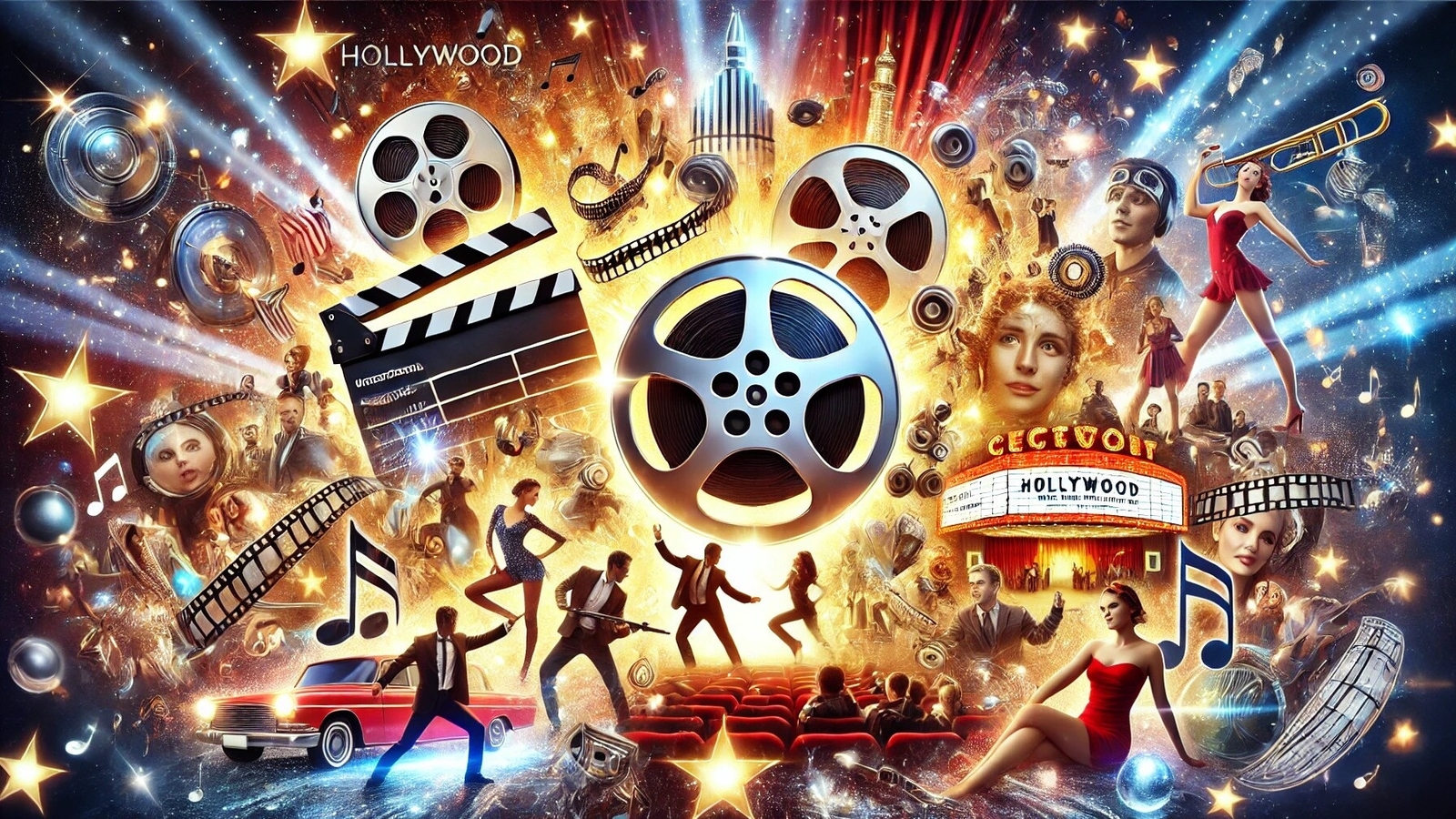Jesse Armstrong Unveils ‘Mountainhead’: A Darkly Comic Look at Wealth and Power in Tech
Jesse Armstrong’s ‘Mountainhead’: A Dive into Power Dynamics Amid Crisis
In a world where wealth often translates to power, the terrain of human relationships and societal structures becomes a dramatic battleground, particularly for those who inhabit the upper echelons of society. Jesse Armstrong, the celebrated creator of HBO’s critically acclaimed series "Succession," takes another intriguing plunge into this arena with his directorial debut, “Mountainhead.”
Exploring Power Among the Ultra-Rich
“Mountainhead,” currently streaming on JioHotstar, cleverly dissects the lifestyles and moral quandaries faced by a group of tech billionaires during a weekend retreat. Much like Armstrong’s previous work, this film is not merely about the richness of its characters but rather about the nature of their power and influence over public discourse. As Armstrong himself noted, "I think I’m writing about power," which is particularly evident in the film’s narrative structure.
The plot unfolds in a palatial mountain-top villa where four tech magnates gather amidst a global crisis, triggered by deep-fake videos from one of their companies. While the real world problems brew outside, these billionaires remain fixated on their wealth, revealing a profound commentary on the disconnect between affluence and responsibility. Armstrong’s focus on this disconnect stems from his reflections on income distribution, stating he tends to be "more angry than I know."
Armstrong’s work consistently epitomizes an exploration of how power shapes narratives and influences societal structures. In “Succession,” it was centered on the control of media by Logan Roy’s family. In “Mountainhead,” the implications of how wealth affects information distribution become central to the story, showcasing the characters’ obsession with their net worth even during a significant crisis.
Meet the Characters: A Study in Absurdity
Within the film, the ensemble cast plays a pivotal role in portraying the absurdity and fantastical nature of their existence:
- Randall: The eldest and de facto leader among the group.
- Jeff: The head of an AI tech company benefiting from the chaos created by deep-fakes.
- Hugo: The owner of the extravagant villa, hinting at literary influences with his name reminiscent of Ayn Rand’s “Fountainhead.”
Their weekend retreat is not just a luxury but an arena for bizarre rituals and competition. One such ritual includes marking their net worths on their chests during hikes, adding a layer of absurdity that Armstrong deftly weaves into his narrative tapestry.
The Concept of the Chamber Piece
One of the intriguing aspects of “Mountainhead” is its approach to storytelling within a confined space. Armstrong chose to craft the film as a ‘chamber piece,’ which not only keeps the budget in check but creates a sense of claustrophobia and intensity. “I like that feeling of pressure cooker,” he explains, emphasizing the idea that the billionaires’ isolation in the mansion becomes a breeding ground for their anxieties and obsessions. Yet, he was aware of the need for visual dynamism, remarking, “I needed some sense of scope and to let some air in.”
By submerging viewers in the lavish yet troubled lives of these billionaires, Armstrong prompts reflections on contemporary societal values, particularly the interplay between wealth and morality.
Real-World Parallels and Research
In crafting “Mountainhead,” Armstrong observed the interplay of political power and tech influence, drawing inspiration from the real world. He candidly expressed that witnessing tech billionaires at major events often felt unsettling, reflecting the realities he sought to encapsulate in his film. The juxtaposition of fictional billionaires against the backdrop of real-world events lends an eerie authenticity to the story.
His research involved listening to discussions among tech magnates, revealing a dominant tone of both confidence and arrogance. Armstrong identified that this blend not only offers rich material for comedy but reflects the prevailing attitudes in today’s tech-dominated society.
In his exploration of absurdity, privilege, and the impact of deep fakes, Armstrong has created a multi-layered narrative that resonates with current societal tensions, notably the way information is manipulated.
Conclusion: A New Chapter for Armstrong
Jesse Armstrong’s “Mountainhead” is not just a mere extension of his previous works but an unfurling tapestry of power dynamics within elite circles. The film addresses how the ultra-wealthy not only shape their own destinies but also affect public knowledge and perception.
As viewers embark on this thrilling yet sobering cinematic adventure, they are invited to ponder the broader implications of wealth and its isolation, along with the interconnectedness of technology and influence in the modern world. Armstrong’s keen insight into these themes ensures that “Mountainhead” will resonate far beyond its runtime, making it a noteworthy contribution to contemporary cinema.
This meticulously crafted exploration of power and absurdity will undoubtedly provoke thought and conversation—an achievement for Armstrong as he continues to challenge both audiences and the very structures of society.





